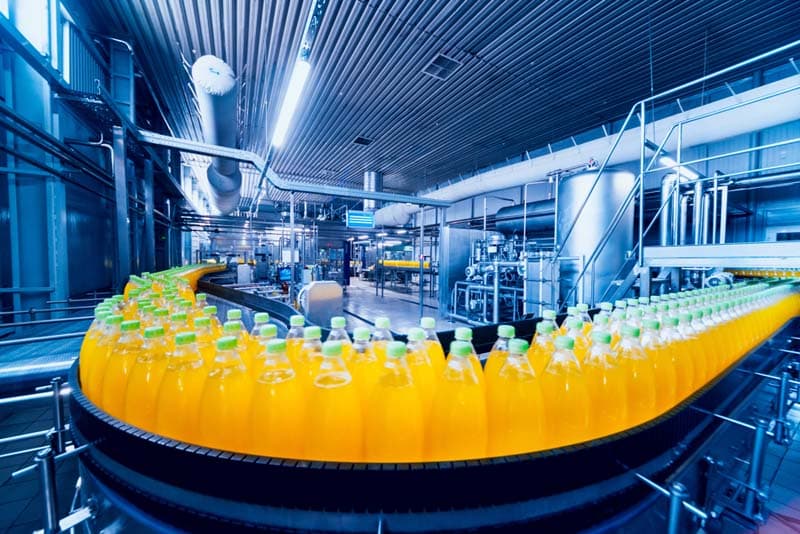In the modern manufacturing landscape, it’s vital to understand the core manufacturing processes that drive industries worldwide. To remain competitive and efficient, businesses should be well-versed in these processes. Here, we delve deep into the four primary types of manufacturing processes, shedding light on their intricacies and how they contribute to the global production ecosystem.
1. Job Production
Definition and Overview
Job Production, often referred to as custom production or bespoke manufacturing, revolves around creating single unique products tailored to specific customer requirements.
Key Characteristics
- Bespoke Design: Every product is distinct, reflecting the specific requirements of the client.
- Skilled Labor: Emphasizes the role of artisans and craftsmen.
- Low Volume: Typically associated with a low production volume due to its custom nature.
- Higher Costs: Generally incurs higher per-unit costs compared to mass production.
Applications
Industries that prioritize customized products, like furniture manufacturing, high-end fashion, luxury automobiles, and architectural projects, heavily rely on job production.
2. Batch Production
Definition and Overview
Batch Production is about producing a set quantity of a particular product, then moving on to another variant or product altogether.
Key Characteristics
- Finite Production Run: Production runs until the desired quantity is achieved.
- Versatility: Equipment can be set up for various batches, offering flexibility.
- Intermediate Volume: Lies between job and mass production in terms of volume.
- Inventory Management: Requires robust inventory management due to varying product batches.
Applications
Industries such as bakeries, pharmaceuticals, and specialty chemicals often employ batch production. It’s also common in apparel manufacturing where different clothing sizes and colors are produced in batches.
3. Mass Production
Definition and Overview
Mass Production, or flow production, is characterized by the continuous production of large volumes of identical products.
Key Characteristics
- High Volume, Low Variety: Maximizes efficiency by producing vast quantities of the same product.
- Specialized Machinery: Machines are tailored for a specific product or component.
- Economies of Scale: Costs per unit decrease as production volume increases.
- Standardized Components: Facilitates assembly and quality control processes.
Applications
The automotive, electronics, and consumer goods industries are classic examples that benefit immensely from mass production techniques. Think of products like smartphones, TVs, and cars that are produced for a large consumer base.
4. Continuous Production
Definition and Overview
Continuous Production is an advanced form of mass production where the production process runs incessantly, without any interruptions.
Key Characteristics
- 24/7 Production: Operations run around the clock.
- Highly Automated: Relies heavily on automation and minimal manual intervention.
- Stable Demand: Best suited for products with consistent market demand.
- Integrated Systems: Processes and operations are seamlessly interconnected.
Applications
Industries like petrochemicals, paper, steel, and power generation typically deploy continuous production due to the nature of their processes and the consistent demand for their products.
Final Thoughts
In wrapping up, each manufacturing process has its unique advantages, tailored to various industry needs and product demands. By understanding these processes, industries can align their strategies effectively, ensuring optimal productivity, quality, and profitability. In the ever-evolving manufacturing landscape, staying informed is key to sustained success.








